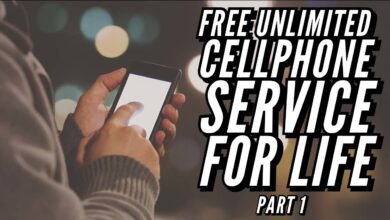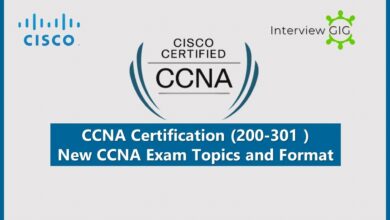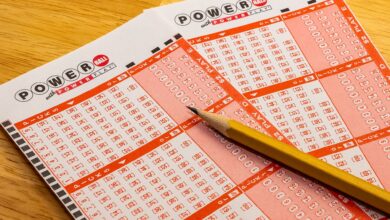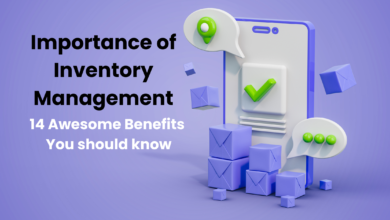Tips for Breaking Free of Debt
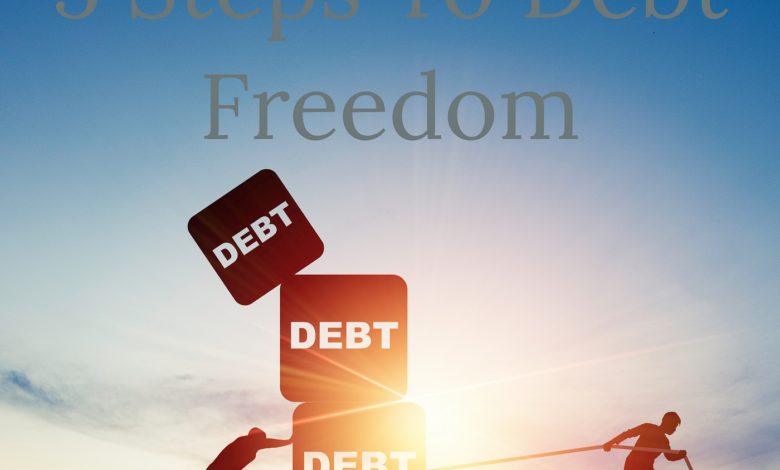
Are you tired of living paycheck to paycheck, burdened by the debt cycle, and feeling like you’re stuck in an endless loop of financial stress? You’re not alone. The debt cycle can be overwhelming, but with the right strategies and determination, you can break free and achieve financial freedom. In this post, we’ll explore practical steps to help you avoid the debt cycle and regain control of your finances. Whether you’re considering a debt relief program or looking for ways to manage your debt more effectively, these tips can guide you towards a more secure financial future.
Assess Your Financial Situation
The first step in breaking free of debt is to get a clear picture of your current financial situation. This involves understanding exactly how much you owe, to whom, and the terms of each debt.
Make a List of Your Debts: Write down all your debts, including credit cards, personal loans, student loans, and any other outstanding balances. Note the interest rates, minimum payments, and due dates for each.
Evaluate Your Income and Expenses: Create a detailed budget that outlines your monthly income and expenses. This will help you see where your money is going and identify areas where you can cut back.
Create a Debt Repayment Plan
Once you have a clear understanding of your financial situation, you can create a plan to pay off your debts. There are several strategies you can use, depending on your preferences and financial goals.
Debt Snowball Method: This method involves paying off your smallest debts first while making minimum payments on larger debts. Once the smallest debt is paid off, you move on to the next smallest. This approach can provide a psychological boost by giving you quick wins.
Debt Avalanche Method: With this method, you focus on paying off debts with the highest interest rates first. This can save you money on interest in the long run, although it may take longer to see progress.
Debt Consolidation: Consider consolidating your debts into a single loan with a lower interest rate. This can simplify your payments and potentially reduce your overall interest costs.
Explore Debt Relief Programs
If your debt is overwhelming, a debt relief program may be a viable option. These programs can negotiate with creditors on your behalf to reduce your debt and create a manageable repayment plan.
Credit Counseling: Credit counseling agencies can help you create a budget, manage your debt, and provide financial education. They may also offer debt management plans that consolidate your debts into a single monthly payment.
Debt Settlement: Debt settlement programs negotiate with creditors to reduce the amount you owe. This can be a good option if you’re struggling to make minimum payments and need significant debt relief.
Bankruptcy: As a last resort, bankruptcy can provide a fresh start by discharging certain debts. However, it has long-term consequences for your credit and should be considered carefully.
Cut Unnecessary Expenses
Reducing your expenses is a critical part of breaking free from debt. Look for areas where you can cut back without significantly impacting your quality of life.
Review Your Subscriptions: Cancel any subscriptions or memberships you no longer use or need. This can include streaming services, gym memberships, and magazine subscriptions.
Reduce Dining Out: Cooking at home can save you a significant amount of money compared to dining out. Plan your meals and make a shopping list to avoid impulse purchases.
Shop Smart: Look for sales, use coupons, and compare prices before making purchases. Consider buying generic brands and shopping at discount stores to save money.
Increase Your Income
Finding ways to increase your income can accelerate your debt repayment and help you achieve financial freedom faster.
Part-Time Jobs: Consider taking on a part-time job or freelance work to supplement your income. Even a few extra hours a week can make a big difference.
Sell Unwanted Items: Go through your belongings and sell items you no longer need. Online marketplaces and garage sales can help you turn clutter into cash.
Negotiate Your Salary: If you’ve been at your current job for a while, consider negotiating a raise. Research salaries for similar positions and prepare a case for why you deserve a higher pay.
Stay Motivated and Track Your Progress
Staying motivated is crucial when you’re working to break free from debt. Regularly tracking your progress can help you stay focused and committed to your goals.
Set Milestones: Break your debt repayment plan into smaller, manageable milestones. Celebrate each milestone you reach to keep yourself motivated.
Visualize Your Goals: Create a visual representation of your debt repayment progress, such as a chart or graph. Seeing your progress can provide a sense of accomplishment and keep you motivated.
Reward Yourself: Give yourself small rewards for reaching milestones. This can be something simple, like a nice meal or a movie night, to celebrate your hard work.
Build an Emergency Fund
An emergency fund can prevent you from falling back into debt when unexpected expenses arise. Aim to save at least three to six months’ worth of living expenses.
Start Small: If building a full emergency fund feels overwhelming, start with a smaller goal, such as $500 or $1,000. Gradually increase your savings over time.
Automate Savings: Set up automatic transfers from your checking account to your savings account. This ensures that you consistently contribute to your emergency fund.
Prioritize Your Fund: Treat your emergency fund as a non-negotiable part of your budget. Make regular contributions, even if they are small, to build your fund over time.
Conclusion
Breaking the debt cycle requires a combination of strategic planning, disciplined budgeting, and a commitment to change. By assessing your financial situation, creating a debt repayment plan, exploring debt relief programs, cutting unnecessary expenses, increasing your income, staying motivated, and building an emergency fund, you can regain control of your finances and work towards a debt-free future. Remember, the journey to financial freedom is a marathon, not a sprint. Stay focused on your goals, and celebrate each step you take towards breaking free of debt.
